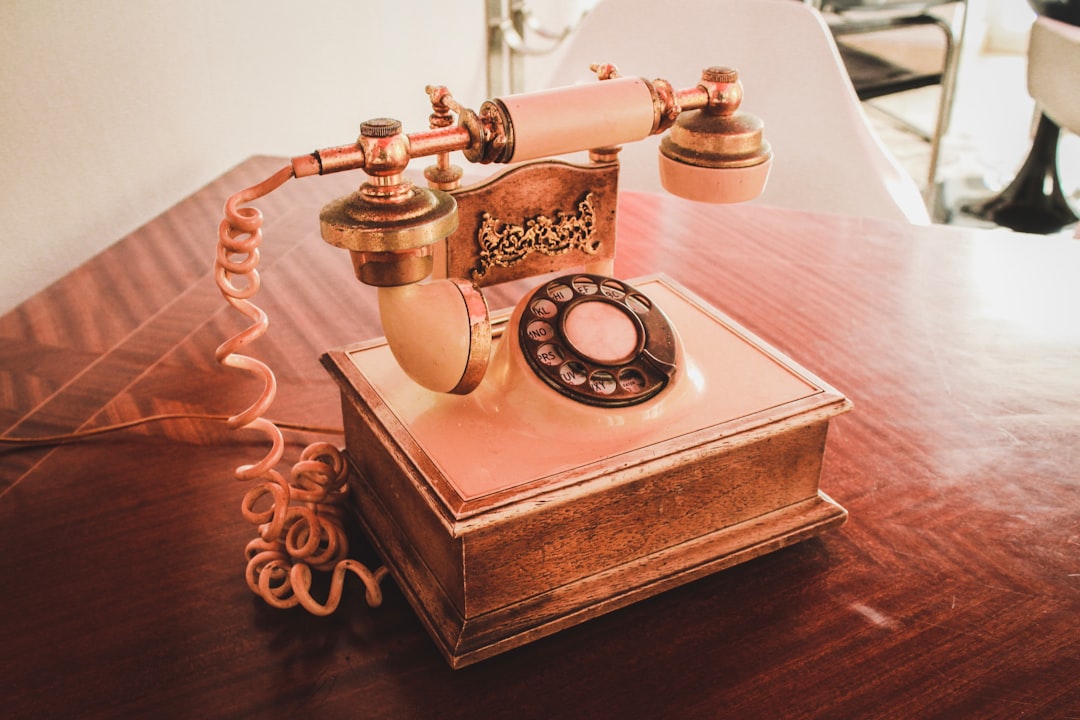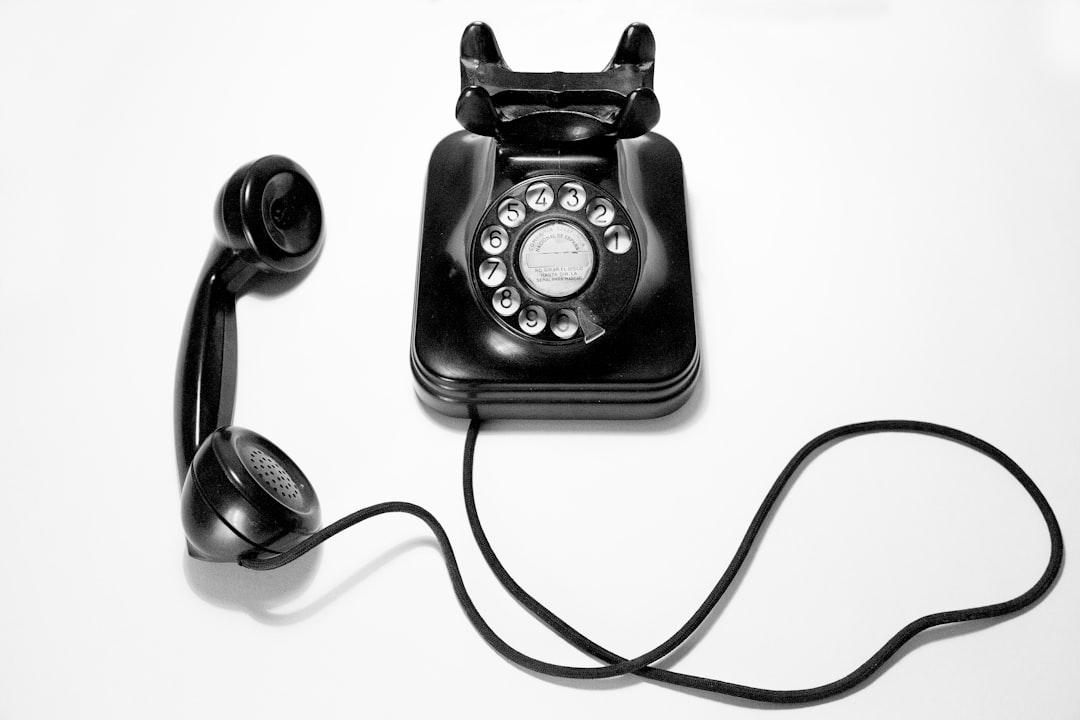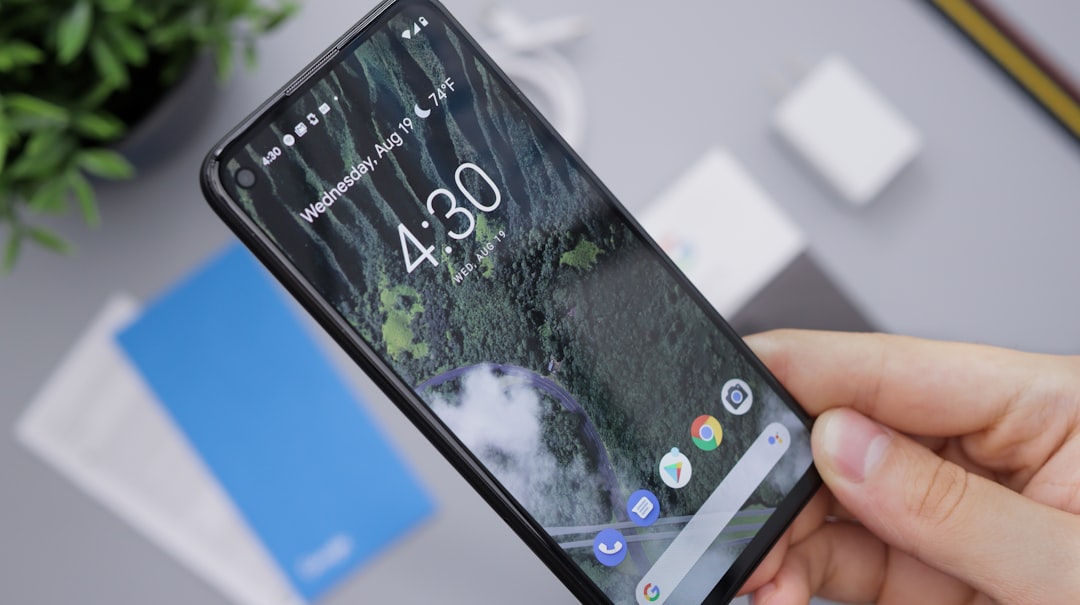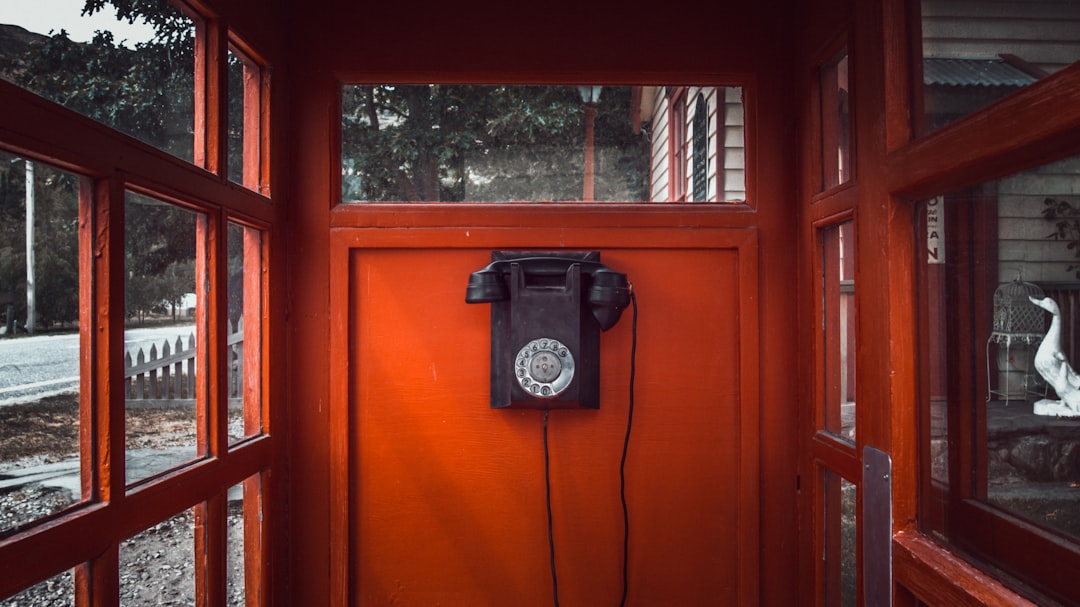In Illinois, the Biometric Information Privacy Act (BIPA) and strict Do Not Call (DNC) laws protect residents from unwanted telemarketing calls. BIPA requires explicit consent for collecting or storing biometric data, while DNC laws allow individuals to register on a state list to block commercial calls. Quincy residents can seek legal recourse from spam calls with the help of specialized Do Not Call Lawyers/Attorneys in Illinois, who ensure compliance with these regulations and protect privacy.
“As a resident of Quincy, Illinois, understanding your privacy rights regarding biometric data and unwanted calls is essential. This comprehensive guide aims to demystify two critical laws: the Biometric Information Privacy Act (BIPA) and Do Not Call (DNC) regulations. We’ll explore how these laws protect you from unauthorized use of your biometric information and excessive spam calls, respectively. If you’re seeking legal advice regarding Do Not Call lawyer Illinois or Spam Call law firm Illinois, this article offers insights into your rights and courses of action.”
Understanding the Biometric Information Privacy Act (BIPA) in Illinois

In Illinois, the Biometric Information Privacy Act (BIPA) is a robust law designed to safeguard citizens’ biometric data, including fingerprints and facial recognition. This legislation was enacted to ensure that businesses and organizations handle such sensitive information with utmost care and transparency. BIPA requires companies to obtain explicit consent before collecting or storing biometric data, and it restricts the sharing of this data without individual permission.
Understanding BIPA is crucial for Quincy residents, especially in light of the growing reliance on technology and advanced data collection methods. If you’ve ever wondered about the legal protections surrounding your biometric information, particularly when dealing with potential spam calls or unwanted marketing, BIPA offers a framework to assert your privacy rights. Consider consulting a Do Not Call Lawyer Illinois or Do Not Call Attorney Illinois who can guide you through these laws, ensuring your rights are respected in an era where data privacy is of paramount importance, especially under the broader Do Not Call Laws Illinois and related regulations governing law firms and call centers in Illinois.
The Do Not Call (DNC) Laws and Their Impact on Law Firms

In Illinois, the Do Not Call (DNC) Laws are designed to protect residents from unwanted telemarketing calls and text messages. These laws have a significant impact on law firms, especially those specializing in spam call lawsuits. Law firms engaging in telemarketing activities must adhere strictly to these regulations to avoid penalties and maintain client trust. The DNC Laws restrict the timing and frequency of calls, require explicit consent for marketing purposes, and mandate that callers identify themselves and their affiliations.
For Illinois-based law firms handling Do Not Call-related cases, compliance is crucial. They play a vital role in representing clients who have been harassed by persistent spam calls, helping them navigate the complex legal landscape surrounding these laws. Engaging a specialized Do Not Call lawyer or Do Not Call attorney in Illinois can ensure proper notification and consent procedures, protecting both the law firm’s reputation and their clients’ interests.
Your Rights as a Quincy Resident Under DNC Regulations

As a Quincy resident, you have specific rights and protections under the Do Not Call (DNC) laws in Illinois. These regulations are designed to curb unwanted telephone marketing calls and give consumers more control over their personal information. Under the DNC Laws, residents can register their phone numbers on the state’s Do Not Call list, effectively blocking most telemarketing calls. This right is crucial for individuals who value their privacy and wish to limit commercial calls.
When it comes to biometric information, the Biometric Information Privacy Act (BIPA) offers additional safeguards. Quincy residents have the right to know how their biometric data, such as fingerprints or facial recognition, is being used by businesses. Companies must obtain explicit consent before collecting, storing, or sharing this type of sensitive information. If a resident feels their rights under these laws have been violated, they can take legal action against the offending party with the help of a qualified Do Not Call lawyer in Illinois.
How to Handle Violations of Do Not Call Laws in Illinois

If you’ve received unsolicited phone calls in violation of Illinois’ Do Not Call laws, it’s crucial to know your rights and available options. The first step is to document the calls, including the date, time, caller’s number, and a brief description of the call’s content. This evidence can be invaluable if you choose to take legal action. You have the right to file a complaint with the Illinois Attorney General’s office, which has the authority to investigate and take formal actions against violators.
Engaging a Do Not Call Lawyer or Attorney in Illinois is another effective course of action. These legal professionals specialize in spam call laws and can provide guidance tailored to your situation. They may help you navigate the filing process, negotiate with the offending party, or even represent you in court if necessary. Don’t hesitate to reach out to a reputable Do Not Call Law firm in Illinois for assistance; protecting your privacy and peace of mind is well worth the effort.






